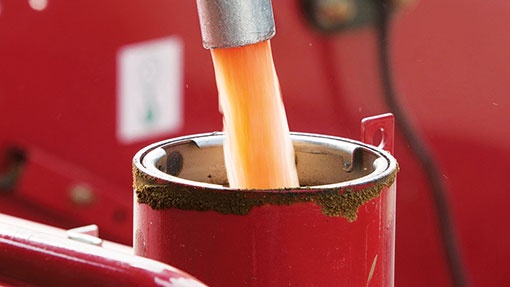21
Jan 2022
- BY Kevin Barry BSc(Hons) MRICS
- POSTED IN Latest News
- WITH 0 COMMENTS
- PERMALINK
- STANDARD POST TYPE

From April 2022, all construction and related industries as listed below, not able to continue using red diesel in their manufacturing processes.
A further upward, indirect cost pressure to be passed down the customer chain.
Which industries will be affected by red diesel changes?
There are many industries which are set to lose out and will no longer be able to use red diesel as a rebated fuel from 1st April 2022. This will unfortunately mean that they will have to revert to using alternative fuels such as regular DERV fuel or newer fossil free fuels such as HVO fuel.
Industries and uses exempt from the changes to red diesel taxation include:
- Agriculture, horticulture, forestry and fish farming (this allows vehicles used for agriculture to be used for cutting verges and hedges, snow clearance and gritting roads)
- Rail including passenger, freight and maintenance vehicles that run on rail tracks
- Non-commercial heating and electricity generation (such as off-the-grid homes, places of worship and townhalls)
- Non-commercial power generation (such as hospitals and off-the-grid households)
- Commercial boating industry (including fishing and inland water freight industries and passenger ferries)
- Off-grid power generation; and non-propulsion uses on permanently-moored houseboats
- Travelling funfairs and circuses (for powering the machinery (including caravans))
- Amateur sports clubs and golf courses (including activities such as ground maintenance, and the heating and lighting of clubhouses, changing rooms etc.)
Industries that will no longer be able to take advantage of red diesel include:
- Construction and road maintenance
- Logistics and haulage (including refrigeration units)
- Mining and quarrying
- Oil and gas extraction
- Waste management
- Commercial heating
- Leisure
- Airport operations and ports
- Manufacturing (such as ceramics, timber and steel)
